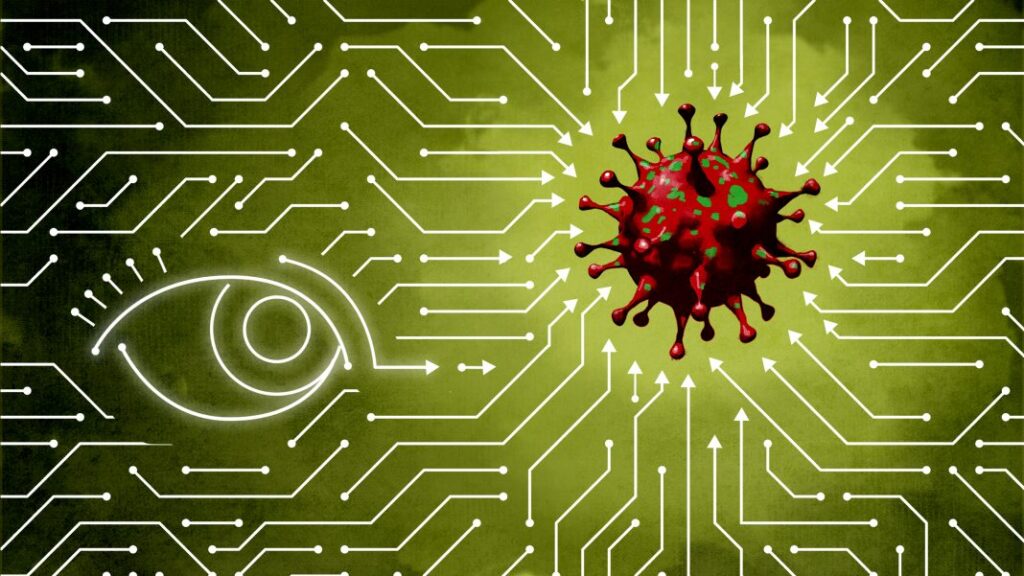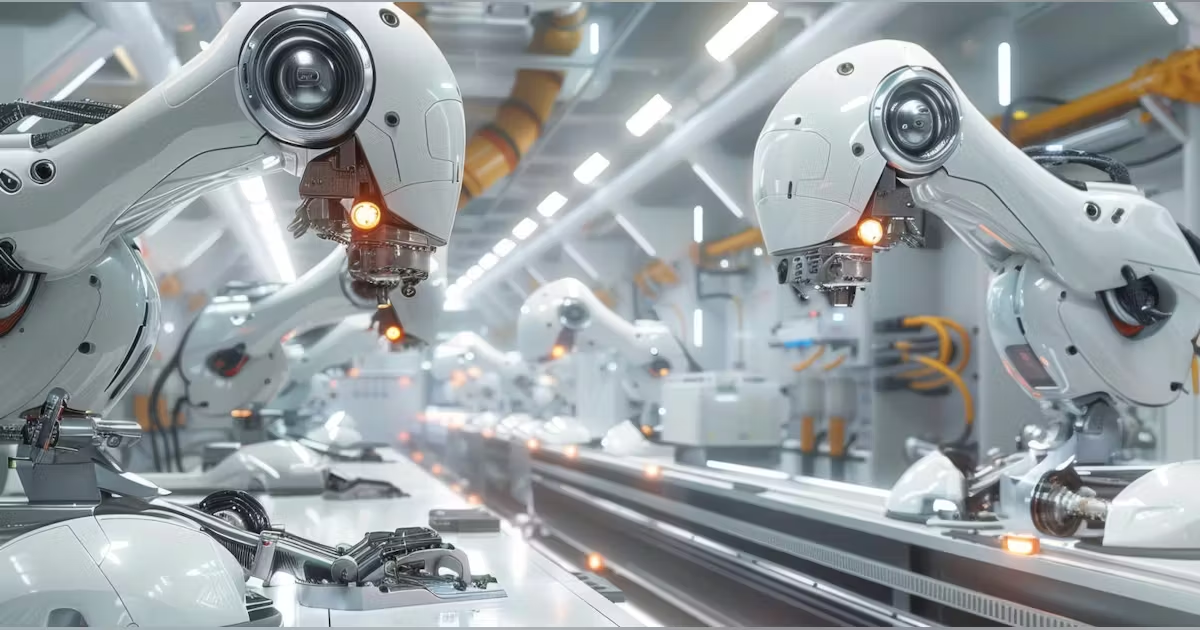How AI is Fighting the COVID-19 Pandemic: Innovations and Challenges

The COVID-19 pandemic has disrupted economies, overwhelmed healthcare systems, and changed the way we live and work. As the world continues to grapple with the crisis, Artificial Intelligence (AI) has emerged as a crucial tool in managing the pandemic, offering solutions in medical research, diagnostics, crisis management, and public health communication.
From AI-driven drug discovery to predictive analytics for outbreak control, AI technologies have played a vital role in accelerating our response to the crisis. In this article, we will explore how AI is helping combat COVID-19, its key applications, and the challenges that remain in ensuring AI-driven solutions are ethical, scalable, and effective.
1. AI-Powered Drug Discovery and Vaccine Development
One of the biggest challenges in fighting COVID-19 has been the rapid development of effective treatments and vaccines. Traditional drug discovery is a time-consuming process that can take years, but AI has significantly accelerated research and drug repurposing efforts.
- AI-Driven Protein Structure Analysis: DeepMind’s AlphaFold, an advanced deep learning system, has made significant progress in predicting the 3D structures of proteins, helping researchers understand how the virus functions and how potential drugs could target it.
- AI in Drug Repurposing: AI-powered platforms like BenevolentAI and Atomwise have been used to analyze existing drugs and identify those that could be repurposed for COVID-19 treatment. By scanning massive biomedical databases, AI has helped speed up the identification of promising compounds.
- Vaccine Development: AI-driven models have helped pharmaceutical companies like Moderna and Pfizer analyze genetic sequences of the virus, leading to faster vaccine development and testing.
AI has not only accelerated the discovery phase but also optimized vaccine distribution by predicting hotspots and prioritizing vaccine delivery based on real-time data.
2. AI in Medical Diagnostics and Early Detection
One of the critical challenges of COVID-19 has been the rapid and accurate diagnosis of infected patients. AI has played a significant role in enhancing testing capabilities and analyzing medical imaging.
- AI-Enhanced COVID-19 Detection from X-Rays & CT Scans
AI models trained on thousands of chest X-rays and CT scans have been deployed to detect COVID-19-induced pneumonia with high accuracy. Tools like qXR by Qure.ai and CAD4COVID by Thirona have been used in hospitals to assist radiologists in identifying COVID-19 cases quickly. - AI-Powered Rapid Testing
Researchers have used AI to develop more efficient diagnostic tools, such as AI-based voice analysis to detect COVID-19 symptoms by analyzing patients’ breathing and coughing patterns. - Predictive Models for Outbreak Monitoring
AI-driven predictive models have been instrumental in tracking and forecasting the spread of COVID-19. Organizations like BlueDot and Metabiota used AI to detect early outbreak signals before official government warnings, demonstrating the potential of AI in pandemic preparedness.
3. AI in Crisis Management and Public Health Communication
As governments and healthcare organizations scrambled to manage the crisis, AI-driven tools helped disseminate critical information, counter misinformation, and automate public health response efforts.
- AI Chatbots for Public Assistance
Many governments and healthcare providers deployed AI-powered chatbots to answer COVID-19-related questions, provide guidance on symptoms, and reduce the load on human call centers. Examples include WHO’s AI-powered chatbot on WhatsApp and IBM Watson Assistant for COVID-19. - Combating COVID-19 Misinformation
AI-powered fact-checking tools helped detect and remove false information related to the virus. Facebook, Google, and Twitter leveraged AI algorithms to flag and remove misleading COVID-19 content at scale. - AI in Mental Health Support
AI-driven mental health chatbots, such as Woebot and Wysa, provided psychological support to people struggling with pandemic-related stress and anxiety, offering an accessible way to cope during lockdowns.
By automating information distribution, AI has helped bridge the gap between healthcare providers and the public, ensuring faster and more accurate communication.
4. AI in Supply Chain and Logistics Management
COVID-19 created massive disruptions in global supply chains, making AI-powered logistics optimization more important than ever.
- AI-Driven Demand Forecasting
AI models analyzed real-time data to predict demand surges for medical supplies, personal protective equipment (PPE), and essential goods. - Smart Inventory Management
AI-powered supply chain platforms helped companies optimize inventory levels, anticipate shortages, and reduce waste, ensuring critical supplies were distributed efficiently. - AI in Vaccine Distribution
AI models were used to predict where vaccines should be allocated first, based on infection rates, population density, and transportation logistics.
AI has revolutionized supply chain management by enhancing efficiency, reducing costs, and ensuring timely delivery of essential goods.
5. Challenges and Ethical Considerations in AI-Powered COVID-19 Solutions
While AI has played a crucial role in pandemic response, it has also raised ethical concerns and challenges:
- Data Privacy Issues: Contact tracing apps and AI-powered monitoring systems raised concerns about privacy and surveillance. Governments and companies had to find a balance between public health and data security.
- Algorithmic Bias: AI models trained on biased datasets could lead to inaccurate predictions or discriminatory outcomes, particularly in healthcare diagnostics and vaccine distribution.
- Over-Reliance on AI Predictions: While AI models can analyze patterns and forecast outbreaks, they are not always accurate. Decision-makers must use AI insights alongside human expertise rather than relying solely on AI-generated predictions.
Addressing these challenges requires strong ethical guidelines, transparency, and interdisciplinary collaboration between AI researchers, medical professionals, and policymakers.
Final Thoughts: AI’s Lasting Impact on Global Healthcare
The COVID-19 pandemic has accelerated AI adoption across various sectors, proving that AI-driven solutions can play a pivotal role in crisis management, healthcare, and logistics. From drug discovery and medical diagnostics to supply chain optimization and public health communication, AI has helped mitigate the impact of the pandemic.
Looking ahead, the advancements made during this period will likely shape the future of AI applications in global health. The lessons learned from using AI in pandemic response will drive innovations in disease surveillance, automated healthcare, and AI-powered medical research.
As we continue to navigate this unprecedented crisis, one thing is clear: AI is not just a tool for the future—it is a crucial asset in addressing today’s most pressing challenges.




